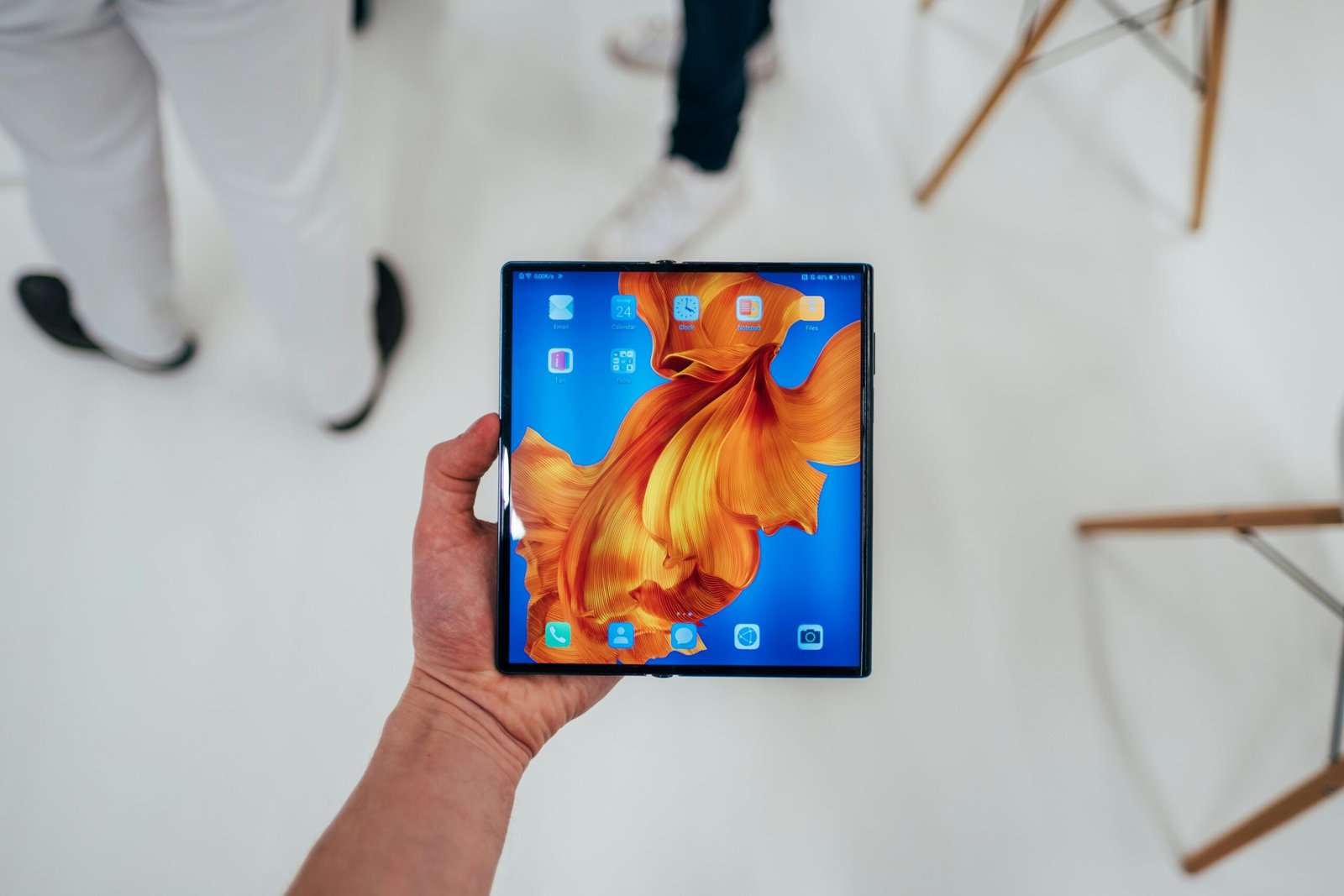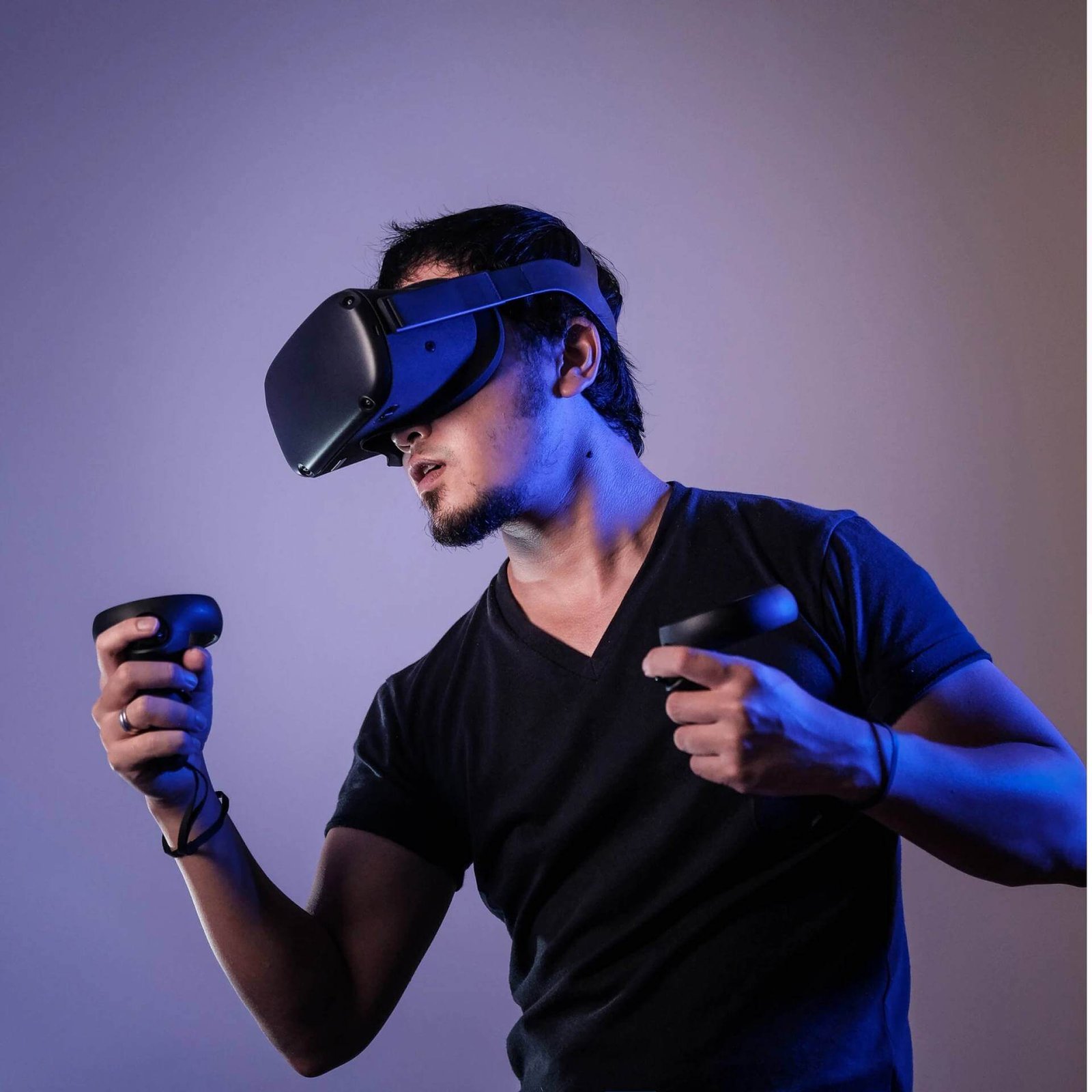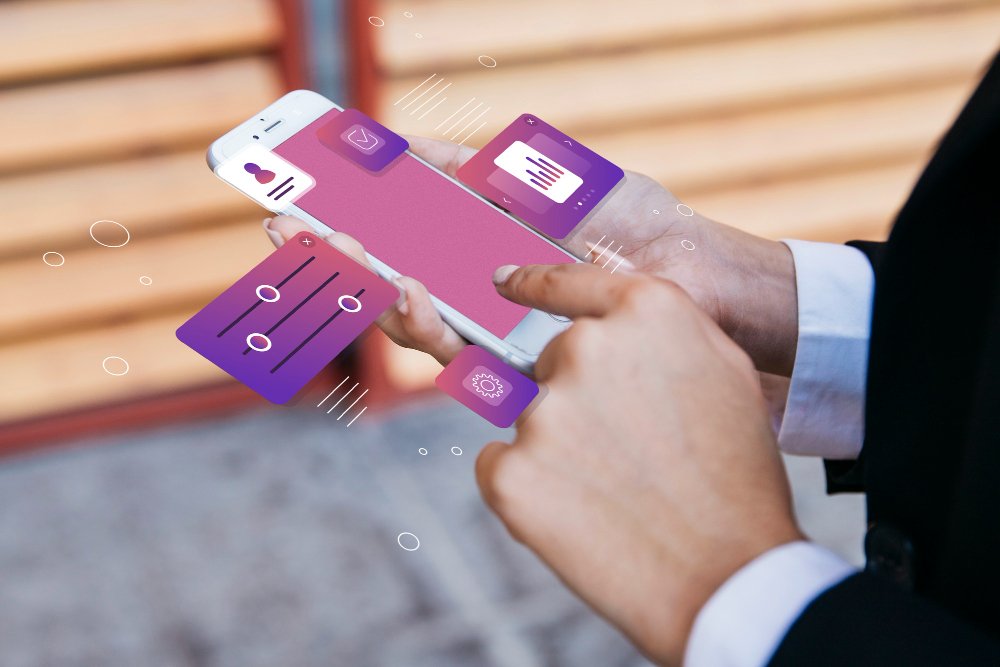
As technology seamlessly integrates into various aspects of our lives, from fitness trackers to smart homes, the need for robust privacy and security measures becomes increasingly crucial. Lifestyle technologies, designed to enhance convenience and well-being, often collect sensitive data, necessitating a careful balance between innovation and safeguarding user privacy. In this exploration, we delve into the keywords that define the landscape of privacy and security in lifestyle technologies.
1. Wearable Devices and Health Tech (Lifestyle Technologies)
Health Data Encryption
Wearable devices and health tech solutions, such as fitness trackers and smartwatches, often collect personal health data. The encryption of this data ensures that it remains secure during transmission and storage, protecting users’ sensitive health information.
Biometric Authentication
Biometric authentication features, like fingerprint recognition and heart rate-based authentication, add an extra layer of security to wearable devices. These features ensure that only authorized users can access the data stored on the device.
2. Smart Home Security
IoT Device Security
Smart home devices, including thermostats, cameras, and voice-activated assistants, form an interconnected ecosystem. Ensuring the security of each IoT device is paramount to prevent vulnerabilities that could be exploited by malicious actors.
End-to-End Encryption
Implementing end-to-end encryption for smart home devices protects the data generated within the home. This encryption ensures that sensitive information, such as video footage or voice recordings, remains private and inaccessible to unauthorized parties.
3. Connected Cars and Transportation Tech
Vehicle Data Protection
Connected cars collect and transmit data related to driving behavior, location, and vehicle health. Robust security measures, including secure data transmission and storage, are essential to protect this information from unauthorized access.
Securing Vehicle-to-Everything (V2X) Communication
In the context of autonomous and connected vehicles, securing V2X communication is crucial. This includes protecting communication between vehicles, infrastructure, and other devices to prevent cyber threats and ensure the safety of passengers.
4. Personal Finance and Fintech
Secure Transactions
Privacy and security are paramount in personal finance and fintech applications. Implementing secure transaction protocols, encryption, and two-factor authentication (2FA) safeguards users’ financial information from potential breaches.
Identity Verification Technologies
Fintech applications often leverage biometric authentication and advanced identity verification technologies to ensure that users’ financial accounts remain secure and protected from unauthorized access.
5. Social Media and Online Presence
Privacy Controls
Social media platforms and online services must provide robust privacy controls. Users should have the ability to customize their privacy settings, control the visibility of their personal information, and manage who can access their data.
Cyberbullying Prevention
Security in the context of social media extends beyond data protection to include measures against cyberbullying and harassment. Implementing features that empower users to report and block abusive behavior contributes to a safer online environment.
6. E-commerce and Personalized Recommendations
Secure Online Transactions
E-commerce platforms must prioritize secure online transactions, implementing encryption, secure payment gateways, and fraud detection measures to protect users’ financial details during purchases.
Ethical Data Use for Recommendations
Lifestyle technologies often rely on data-driven personalized recommendations. It’s crucial to uphold ethical standards in data use, ensuring that recommendations are based on user preferences without compromising privacy.
Conclusion: Nurturing Trust in Connected Lifestyles
Privacy and security are foundational pillars in the world of lifestyle technologies. Striking a delicate balance between innovation and safeguarding user data is imperative to nurture trust and ensure that individuals can embrace the benefits of connected lifestyles without compromising their privacy.
Reference Links:
















